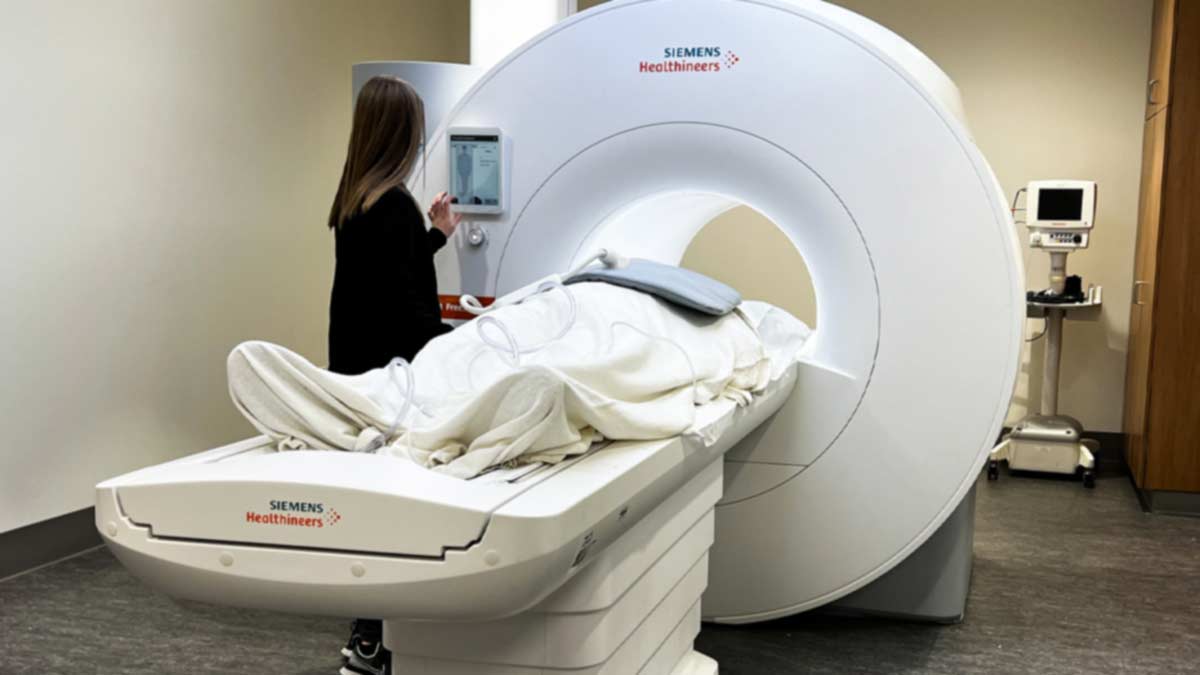Carolyn Presley, MD, receives career development grant to study lung cancer in older adults
Lung cancer is the leading cause of cancer death in the United States. Approximately 60% of patients are older than 65 years at the time of diagnosis. Patient age is significant because there’s a strong correlation between patient outcomes and age at diagnosis. More than 40% of older adults diagnosed with lung cancer report a reduction in functionality within a year of diagnosis.
Additionally, older populations are underrepresented in cancer clinical trials, creating a lack of real-world data on which clinicians can base their treatment recommendations.
To better understand the intricacies of lung cancer progression in older adults, Carolyn Presley, MD, MHS, assistant professor of Internal Medicine in the Division of Medical Oncology at The Ohio State University College of Medicine, has been researching methods to improve quality of life and functional resiliency among older adults undergoing treatment for advanced lung cancer. This research includes reviewing clinical outcomes among older adults to create centralized information for the population; evaluating nutritional needs, physical activity, pain management and supportive care interventions; and implementing multidisciplinary approaches to treatment.
Dr. Presley’s research is supported by a Paul B. Beeson Emerging Leaders Career Development Award in Aging (K76) grant, which is a collaboration among the National Institute on Aging, the American Federation for Aging Research and The John A. Hartford Foundation, which supports researchers exploring the role of aging in patient outcomes. Dr. Presley is the first female clinician in her department to receive the K76 award, and the second woman to ever receive the award at the Ohio State College of Medicine.
This award is geared toward career development in addition to scientific research, and will allow Dr. Presley to focus on all aspects of maturing as a physician-scientist. It’s unique, as it requires awardees to have already received research support at the faculty level as a primary investigator.
“During this award period, I am guaranteed 75% of my professional time committed to career development and research-related activities,” Dr. Presley says. “This award allows for me and my team to deliver supportive care interventions to older adults with lung cancer.” With this grant, Dr. Presley hopes to explore aspects relative to the role of physician-scientist, including gaining experience in behavioral intervention trials, acquiring expertise in behavioral assessments and developing leadership skills on the international stage to increase her overall capabilities as one of the few geriatric oncologists in the United States. These in turn will allow her to better support her patients.
Dr. Presley is most excited about the freedom this grant gives her to expand her knowledge as a physician and move to become an independent clinical researcher.
“I hope to become a role model and mentor for women in medicine and science,” Dr. Presley says. “This award will allow me to foster the leadership skills necessary for that role.”



